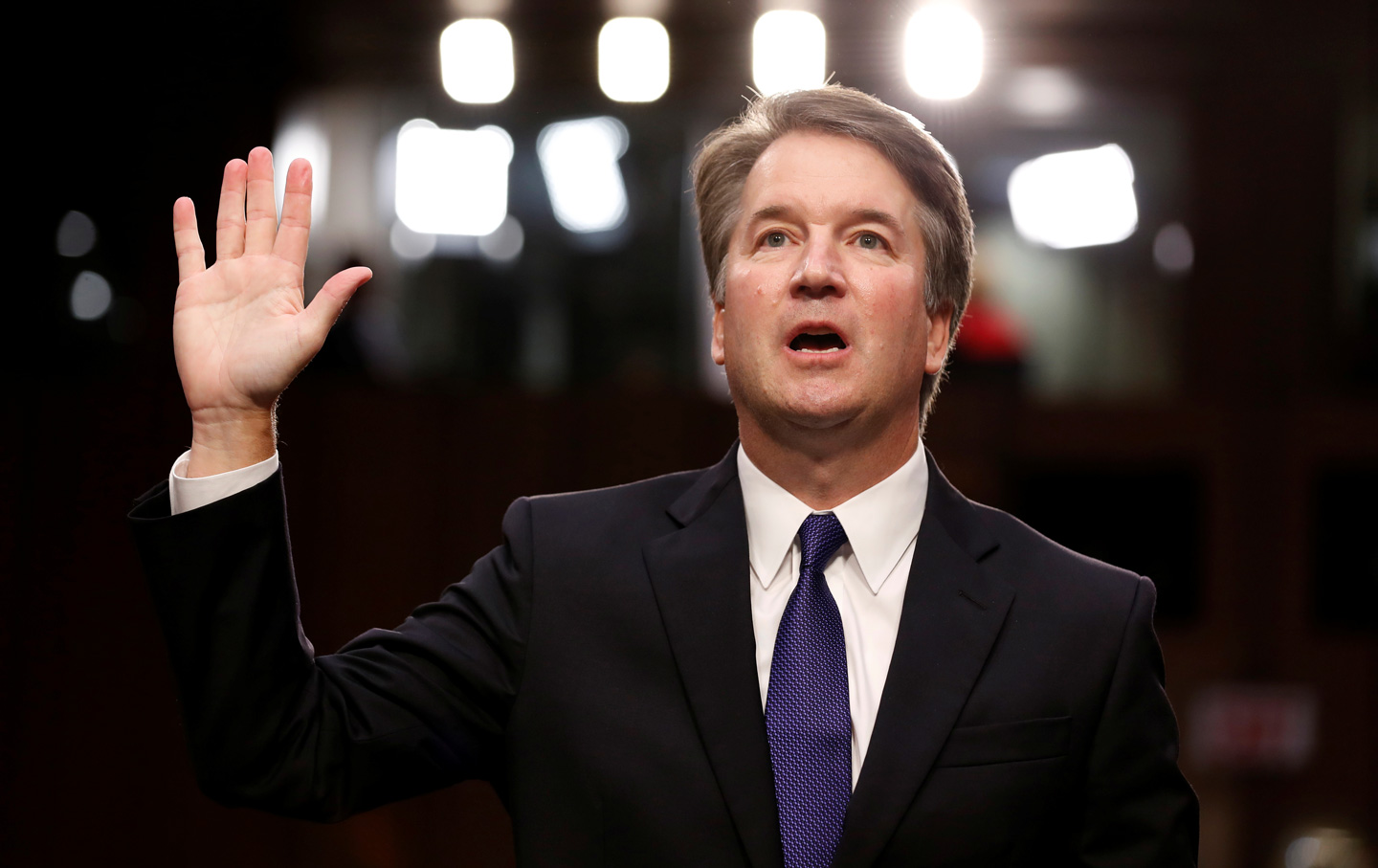
(Reposted from December 2019)
It is unlikely that Donald Trump’s legacy will receive plaudits for much of his domestic or foreign policy. He is an incompetent and solipsistic liar, who continuously pours fuel on fire with his impulsive and erratic decision-making. But unlike any president before him, he has stood up to China and has finally woken up Washington to the reality of the authoritarian state’s ambitions.
Democrat front-runner Joe Biden recently mocked Trump’s tariff policy, suggesting that China were ‘not bad folks’ and ‘not competition for us’. It is exactly this mentality held by the US establishment for years that has allowed China to thrive without accountability.
Trump has a clear rationale to aggressively target China with tariffs. Since China’s inclusion in the WTO in 2001, they have failed to honour their commitments to open up its economy to foreign investment and adhere to the WTO’s rules-based system. They have merely slid backwards while reaping WTO benefits of low tariffs, access to the WTO dispute resolution mechanism, influence on future global trade rules, and freedom for its state-owned companies to operate globally.
Meanwhile, China has committed systemic intellectual property theft, for years striving to obtain trade secrets and valuable information in important industries to gain an edge over western firms. Chinese companies have achieved this through hacking and bribing and China’s government have turned a blind eye. China has also dumped and unfairly subsidised goods such as steel and aluminium, violating WTO rules and damaging US companies. Promises in 2001 to open up its markets were also left to dry as any foreign company in China must adhere to foreign ownership restrictions that force them to form joint ventures with Chinese companies and share their technology. China’s unfair practices have allowed them to facilitate the development of their own tech strategies, substantially benefitting their own companies (often state-owned) at the expense of the rest of the global market.
It has also contributed to its economic growth, to an extent where the economic concern is now intertwined with national security concerns. Xi Jinping has translated China’s wealth into military strength, imposing into the South-China Sea. Their technological prominence and state involvement in the leading Chinese tech companies has sparked allegations of hacking, global surveillance and improper use of AI. China’s Belt-and-Road initiative is a neo-colonial project, which gives developing nations overly-generous loans for infrastructure projects. Ports and airports are at risk to Chinese ownership when the inevitability of defaulting occurs.
Despite the obvious evidence of Chinese malpractice, successive presidents have been weak in countering malpractices, instead of believing that China would eventually liberalise, or that they would not be an issue. While Trump was wrong to neglect it, Obama’s Trans-Pacific Partnership with Asian states would have not addressed China directly but only would have circumvented the issue. Obama also placed his own tariffs and won several WTO cases, but during his tenure, China only continued to steal IP and violate trade rules. Conventional means of trade disputes and dovish diplomacy has long been insufficient. Trump, for all his flaws and desire to simply please his base, grasps this reality.
Tariffs are globally frowned upon. It is unsurprising that Trump’s policy is attacked by economists. But putting on an economist’s hat blinds us from understanding the harsh geopolitical nature of the conflict. The free market is great when everybody follows the rules, but China’s size and hegemonic status makes encouraging compliance and fair trade practice an impossible goal.
The unilateral force of a tariff programme is a viable political strategy as China, not the US, has more to lose in a trade war. China cannot match Trump’s tariffs on a dollar-for-dollar basis, as it imports far less than it exports to the US. Moreover, the trade war is already resulting in a restructuring of China’s compact supply-chain, as foreign companies have relocated their production lines to competitors such as Vietnam, Malaysia and Indonesia. With slow economic growth, China will find it difficult to withstand the effects of a trade war, especially if it is compounded by the pressure of a growing middle class and issues of democracy.
The trade war does not hurt the US nearly as much. China’s primary retaliatory target has been US farmers, by placing tariffs on soybeans and other agricultural imports. This may have harmed their profits, but farmers still support Trump. They are frustrated with China’s inconsistent purchasing, as well as frequently cancelling or refusing shipments of corn or grains. They also view Trump’s policy as short-term pain for long term gain, perhaps a message that Trump has failed to communicate to the broader populace.
When looking at the trade war in a broader context, usual criticisms of effects to US exporters and consumers are not relevant to the macro question of whether these tariffs can change the behaviour of China. Therefore, it is reasonable to devise a policy that may require the US to withstand some pain, especially when more liberal and open policies towards China have failed. Trump must explain that there is a larger long-term interest in the trade war and that with strong economic growth and low inflation, the US will be stronger in resisting the effects of tariffs than its adversary.
It certainly does not help that Trump makes his trade war difficult to defend. He knows nothing about trade. He makes multiple errors, and lies about the US not feeling any effect. He also has tariffed allies, such as Canada and the EU on more meagre concerns, and in some cases, such as Mexico, he has used tariffs as a political tool. His cosying up to authoritarians such as Vladimir Putin and Kim Jong-un has made his allies unwilling to take him seriously and he has aggravated diplomatic relationships with aggressive and unreasonable demands from Asian partners. He has ordered Japan and South Korea, arguably the states most concerned about China, to pay 400% more for US military presence within both states with limited justification. Trump’s treatment of foreign policy like a business fails to grasp the importance of alliances and the impossibility of tackling China alone.
For his policy to be genuinely effective in the long-term, he must, therefore, muster broad coalitions with allies rather than frustrate them. Many nations are concerned with the way China is acting – India only recently pulled out of a multilateral trade deal including China in fear of inadequate safeguards against Chinese dumping. If Trump can enforce a clear tariff strategy while simultaneously working positively with western counterparts and collaborating with Asian allies to mitigate the global threat, China will be increasingly pressured to abide by the rules. His neglect of TPP that has left the remaining parties to edge closer to China demonstrates his failure to do so.
It can be reasonably argued that the damage has been done by Trump’s arrogance and wretched diplomacy. If that is the case and if Trump cannot survive 2020, then possibly a new face can apply an aggressive China policy while working with allied nations to build pressure on the Chinese leadership. Nonetheless, Trump has at least brought the issue to consensus in Washington and increasingly to Europe, now recognised as the primary threat to the global order. Perhaps his personality and impotence have rendered his tariff strategy more defective than it really is.

